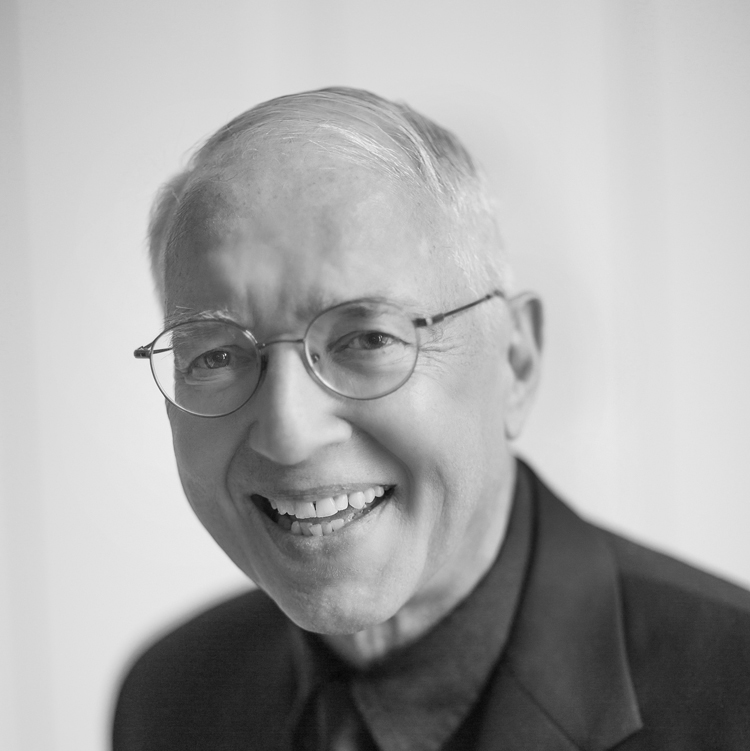The Catholic Invasion of China, 1841-2000
220 Stephens Hall
David Mungello, Professor of History, Baylor University
The Catholic Invasion of China, 1841-2000 is a subject that has undergone a great reevaluation during the last half-century. In the 1960s, it was viewed as nearly synonymous with the experience of Western imperialism. The physical incursion into China of thousands of religious ended with the expulsion of the missionaries in 1951, but the mental framework that gave rise to this incursion persisted throughout the twentieth century. The anti-Catholic campaign of Communist persecution and imprisonment led to spiritual growth rather than decline, a development that was completely misread by most foreign journalists and academics. Viewed from a short-term historical perspective, the Catholic invasion of nineteenth and twentieth-century China was a very negative experience –a debacle- but viewed from a long-term perspective, the invasion contributed to the transformation of a mission church into an indigenous religion. In the process, the Catholic invasion enriched Chinese culture while the Chinese church enriched Catholicism and made it more universal. The present division between the patriotic and underground Catholic churches is likely to remain unresolved until there has been some accommodation between the twin issues of the Vatican’s foreign interference in Chinese affairs and the Chinese state’s restrictions on the free practice of religion. (Mungello)
David Mungello, the grandson of Neapolitan immigrants, was raised in a small town in southwestern Pennsylvania, and graduated from George Washington University where he majored in Philosophy. He came to U.C. Berkeley in 1967 to study with Prof. Joseph R. Levenson and completed his doctorate in History in 1973. He has taught at colleges in Hong Kong, New York, Iowa, Düsseldorf and, since 1994, at Baylor University, Texas. He has done post-doctoral research in Germany on an Alexander von Humboldt fellowship (1978-80) and a Herzog August Bibliothek Wolfenbüettel fellowship (1984). In 1979, he founded the Sino-Western Cultural Relations Journal. He was one of the first foreign scholars to visit the former Jesuit Xujiahui (Zikawei) library, Shanghai in 1986 and he was in Beijing and Hangzhou during the June 4th 1989 Tiananmen Square Incident. He has published eight books, including Curious Land: Jesuit Accommodation and the Origins of Sinology (1985), The Spirit and the Flesh in Shandong, 1650-1785 (2001), The Great Encounter of China and the West, 1500-1800 (4th revised edition 2013), Drowning Girls in China: Female Infanticide since 1650 (2008), and Western Queers in China: Flight to the Land of Oz (2012).
Co-presented by the USF Ricci Institute for Chinese-Western Cultural History.
Introduction: Mark Csikszentmihalyi, Professor of East Asian Languages and Cultures and BCSR Director, UC Berkeley.

